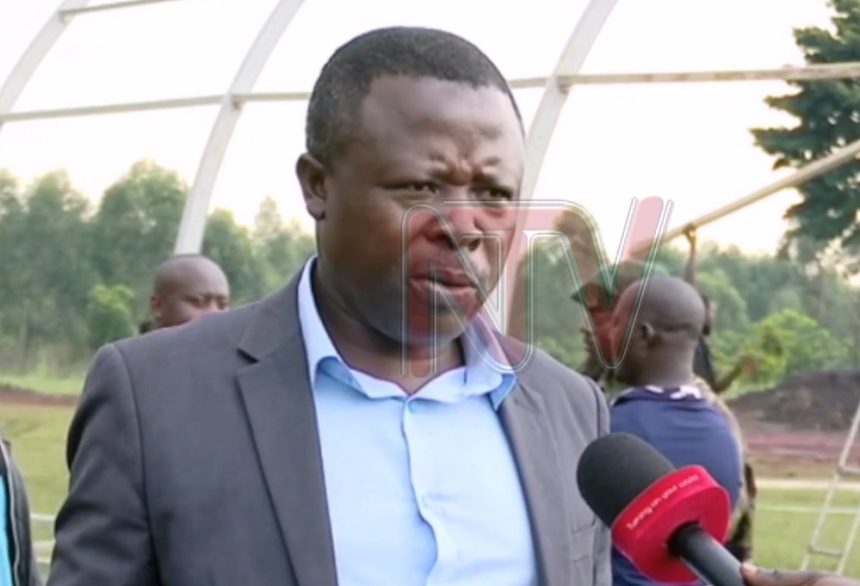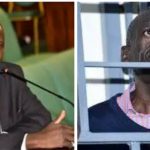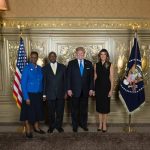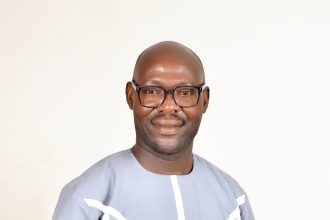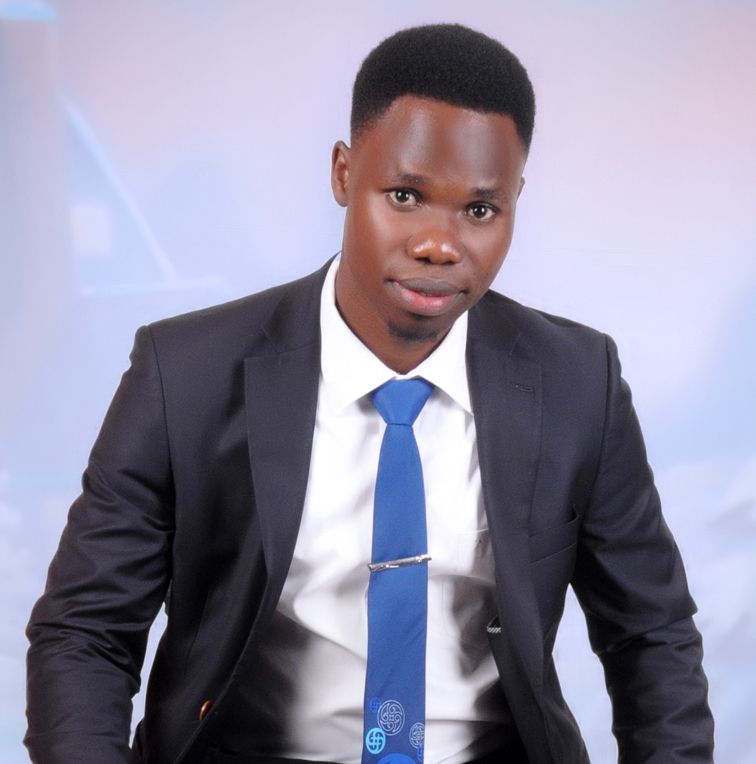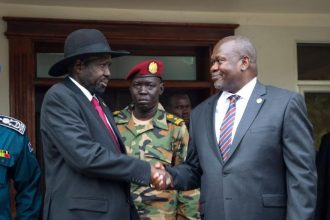Recently, several senior party leaders and mobilizers from Bugisu have left the Forum for Democratic Change (FDC) en masse. Notable among them is former LCIII Chairman of Industrial Division, Hajji Mansa Musa, along with a group of fellow FDC city councilors—some of whom are current city leaders, while others are former division councilors.
Their mass departure from the party was triggered by, among other issues, their protest against the leadership of Hon. Nandala Mafabi. According to one member, who spoke on condition of anonymity, they had supported Hon. Nandala for a long time, only for him to exploit their efforts for personal gain.
While inter- and intra-party migrations and resignations are not new in political formations, what is particularly disturbing is the sharp decline and near moribund state of the FDC—a party once seen as a viable alternative government in waiting.
Many political pundits analyze political formations and activism in an adversarial context. This is the norm across democracies—even in countries like the United States—where political opponents often stand in direct contrast: if one proposes Policy X, the other counters with Policy Y.
One of the core principles of opposition politics, both in Uganda and elsewhere, is the need to appear reliable and dependable to followers. If supporters begin to doubt this, the movement crumbles, as leaders are then seen to be pursuing personal agendas rather than collective political goals. This may explain the scenes recently witnessed in Mbale City.
While the National Unity Platform (NUP) may be popular elsewhere in the country, it has yet to gain significant traction in Mbale. In the entire Bugisu region, NUP currently holds just one councilor seat in Mbale City, and one Member of Parliament—Manjiya County’s legislator in Bududa District. His 2021 victory is believed to have been largely due to his former ties with the NRM, rather than NUP’s influence. It is no surprise, then, that he is reportedly considering a return to the NRM.
To overtake the NRM in numbers within the city—where most councilors are either NRM members or lean toward the party—NUP will have to triple its efforts, particularly by engaging new converts.
As the 2026 general elections approach, the political contest in Mbale City will likely pit the National Resistance Movement (NRM) against the National Unity Platform (NUP), with former FDC supporters either watching from the sidelines or serving as exhausted and unmotivated umpires, lacking the energy and zeal to influence the outcome.
Many political observers around town are convinced that Hon. Nandala has no real interest in a presidential bid. If he were serious, he would have stepped back from parliamentary contests and publicly declared his intention. But alas, that has not happened.
Steven Masiga is a Master of Laws student and researcher from Mbale. Tel: 0782231577.

